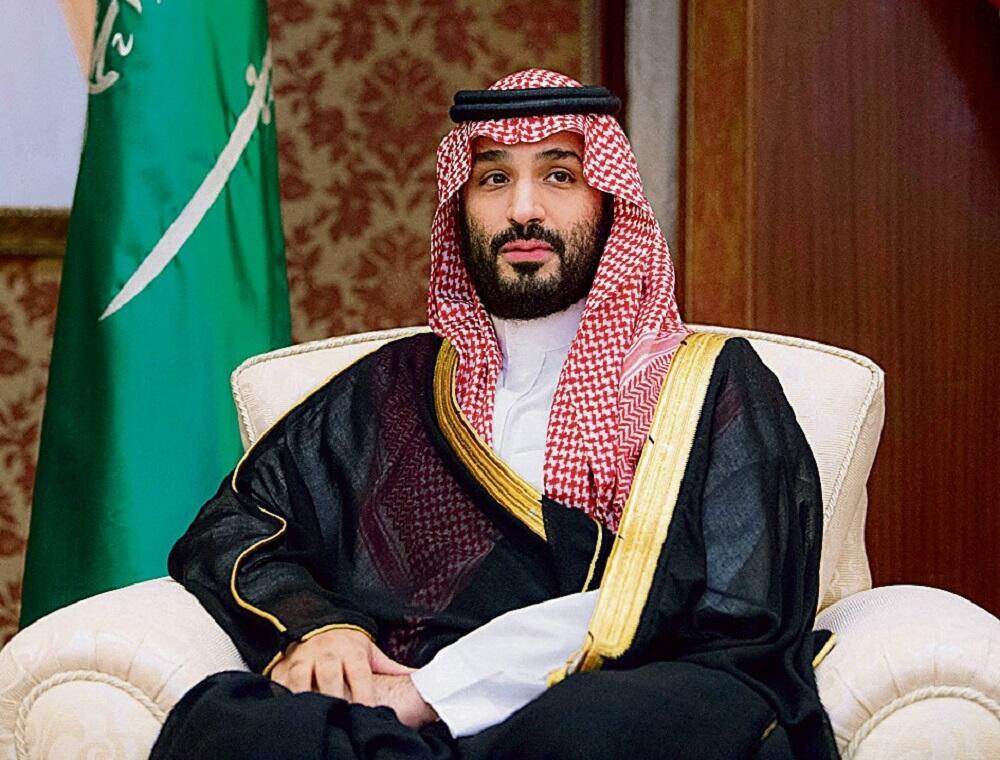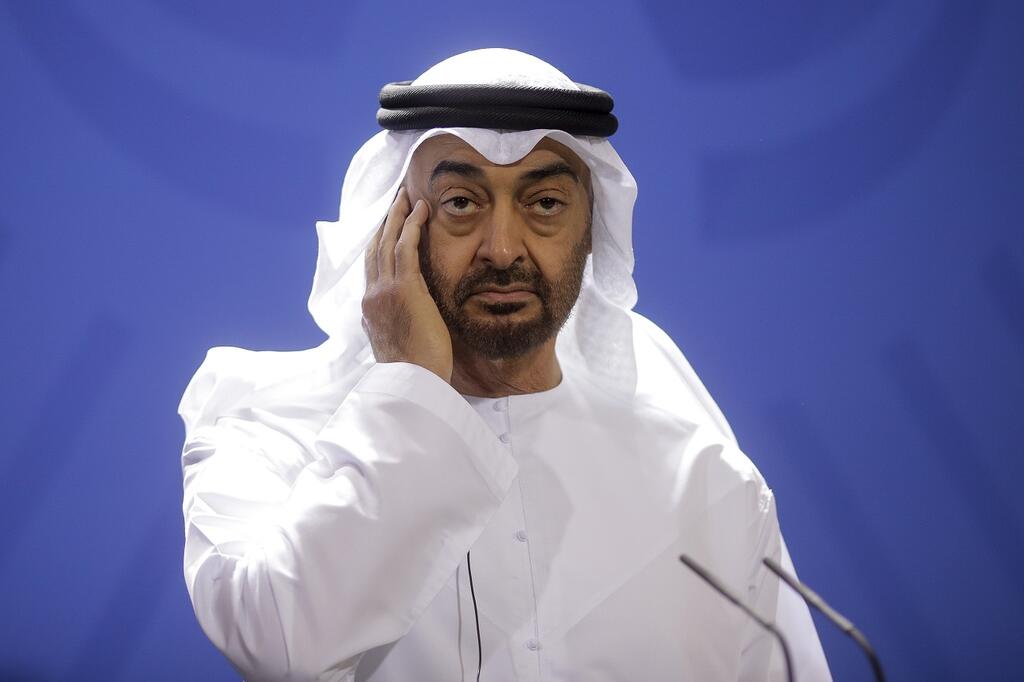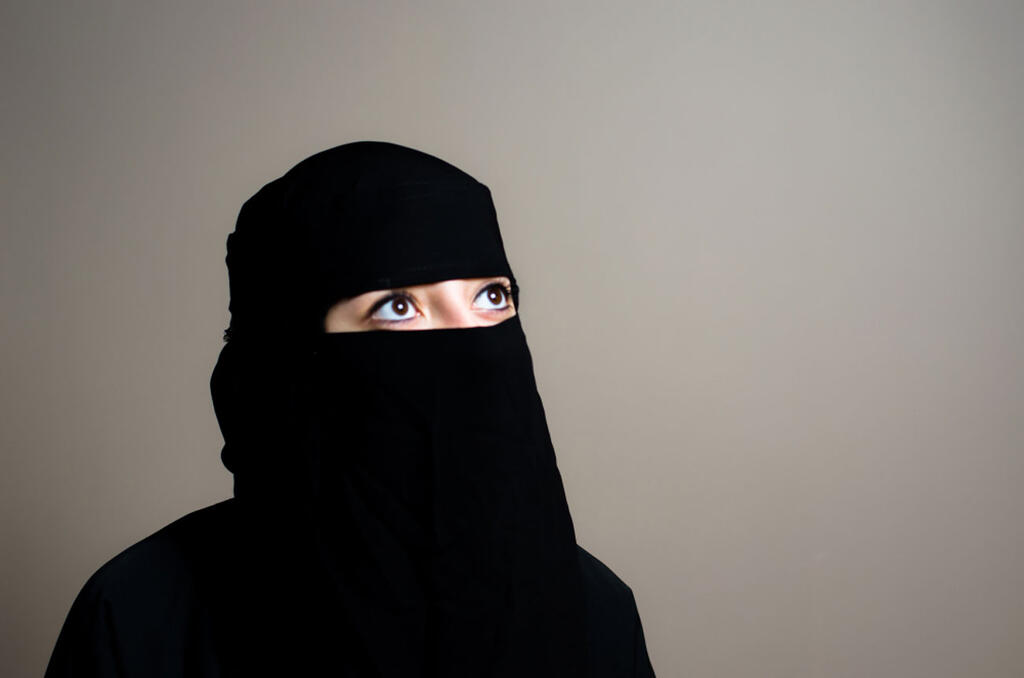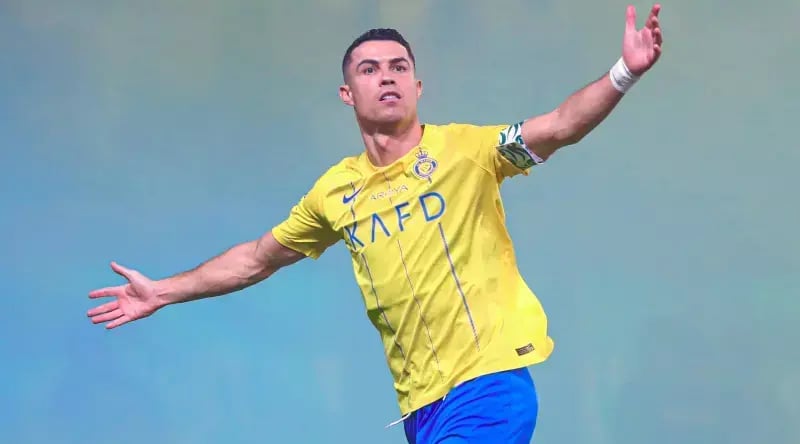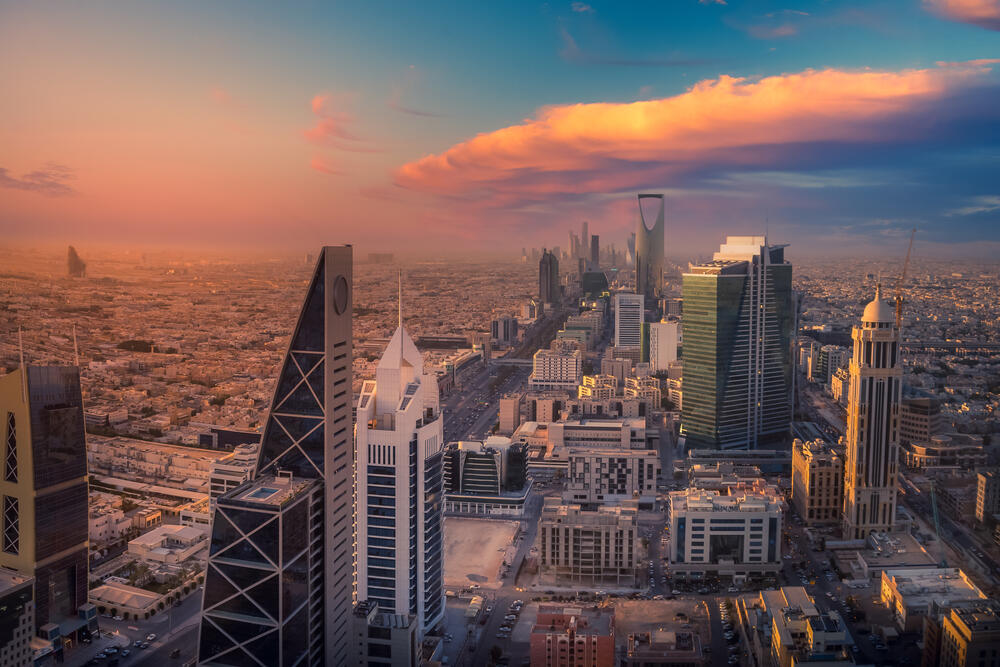Getting your Trinity Audio player ready...
The initial signs of the sudden major shift in Saudi Arabia were evident in November 2017, with the arrest of 400 of the kingdom's most powerful and influential figures - including princes, top business leaders, prominent economists and current and former ministers.
Read more:
Each was summoned for a meeting with Crown Prince Mohammed bin Salman, accompanied by officials and security personnel. However, instead of arriving at a palace, the vehicles stopped at the entrance of the Ritz-Carlton hotel.
Each "guest" was forcibly taken to a separate room. Prince Al-Waleed bin Talal was required to lead a BBC reporter through the hotel's rooms, explaining he was "exercising, eating well and enjoying the tranquility."
He was prohibited from providing further details. He did not mention how the detainees were blindfolded on the night of the arrest and were physically assaulted during interrogations the next day. They were forced to sign off on the transfer of tens or hundreds of millions of dollars from their personal accounts. Those who complied were released, while those who refused remained in custody until they eventually agreed to sign. The extorted amount totaled tens of billions of dollars.
Next in line was then-Lebanese prime minister Saad Hariri, who was detained after being summoned for a meeting with the crown prince. Only with the intervention of French President Emanuel Macron was he able to return to Beirut. Since then, Saudi aid to Lebanon ceased, and Hariri chose to relocate to Abu Dhabi.
The relationship between UAE ruler Mohammed bin Zayed and his "colleague" Mohammed bin Salman has deteriorated in recent months. After Western media dubbed the former as the "most wise and impressive ruler", MBS, who intended that title for himself, severed ties.
Despite the 38-year-old crown prince’s popularity in the West due to the social reforms he introduced, his relations with the United States were tainted by the shocking 2018 murder of Saudi journalist Jamal Khashoggi in Istanbul, which implicated bin Salman. U.S. President Joe Biden, unimpressed by the crown prince's lukewarm apology, visited Saudi Arabia last year for a frosty meeting with him, which later warmed into collaborative efforts.
Saudi Arabia is among the world's leading oil exporters and a founding member of OPEC - the Organization of Petroleum Exporting Countries. Bin Salman is pushing to reduce (and has already gradually begun) oil exports, aiming to convert the massive revenues into new export industries and local manufacturing. Saudi Arabia has expressed significant interest in acquiring technological knowledge from Israel, and tech experts visit the kingdom even without foreign passports.
6 View gallery
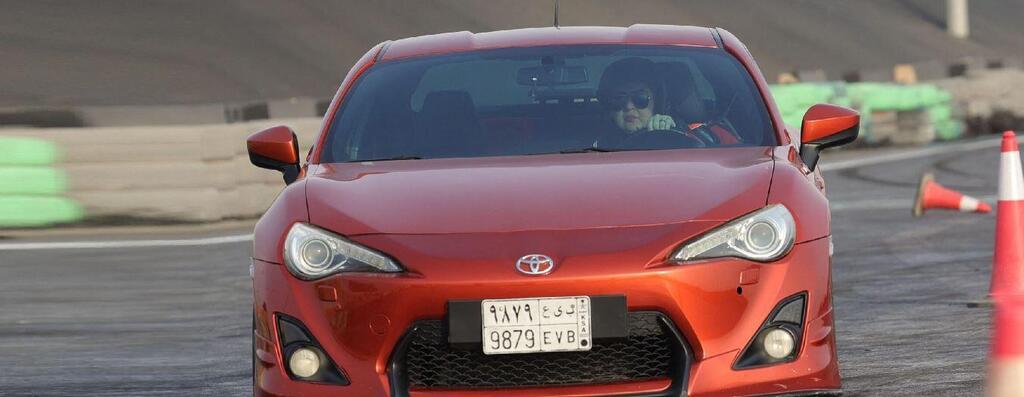

Afnan Almarglani, the first Saudi woman to be certified as an autocross instructor, drives her car at Derab circuit in the capital Riyadh on June 26, 2022
(Photo: Fayez Nureldine/AFP via Getty Images)
Simultaneously, MBS took several surprising steps: He granted driving licenses to women (Saudi Arabia was the only country where women were prohibited from driving), expanded job opportunities for women across all economic sectors, and reintroduced cinemas and large entertainment venues after forty years for the kingdom's younger generation, where 70% of the residents are under the age of 30.
Young women also received permission to travel abroad for the first time without the accompaniment of a "guardian" - a father, brother, cousin or husband. However, they still require the guardian’s approval for actions such as marriage, seeing a doctor or anything related to their children's education.
The first to exercise this travel privilege were doctors, engineers, businesswomen, and university professors from Saudi Arabia who were invited to international conferences.
Bin Salman himself is married to Sara bint Mashour, his half-cousin and granddaughter of King Abdulaziz. The couple has three sons and two daughters. Only this year, the public was first introduced to the First Lady through photographs, quickly capturing the hearts of Saudi youth.
Within a year, Saudi Arabia successfully acquired prominent names in global soccer such as Neymar, Roberto Firmino, Bonu, and of course, Cristiano Ronaldo, who signed with Al Nassr, marking the largest contract in soccer history. Dozens of international players have been distributed among the seven local soccer teams, with salaries starting at $33 million and sky-high bonuses.
A very senior Saudi source spoke of "regular meetings" between a small Israeli team and a Saudi team "for at least two and a half years. The meeting location alternates between a specific city in Saudi Arabia and a private home in the Kingdom of Bahrain, and in both places, confidentiality is maintained."
When asked about the progress of these meetings, he said, "We're at the exact point bin Salman and Netanyahu indicate – almost everything is ready." Regarding the Palestinian issue, he stated that the Saudis want to "make a visible move and strengthen economic collaborations. The Palestinians are definitely considered in this and, of course, are pushing to get more."
This week, Saudi Ambassador to Jordan Nayef al-Sudairi, who was appointed as the ambassador to the West Bank territories a month ago, arrived in Ramallah for a meeting with Palestinian Authority leader Mahmoud Abbas.
Experts speculate that the ambassador, who is close to bin Salman, was tasked with having an in-depth conversation with Abbas and his senior advisers to understand their demands from Israel. Saudi Arabia has made clear its support for the establishment of a Palestinian state but has not made this a condition for negotiations with Israel.
Saudi Arabia is divided into 13 provinces, among which the most well-known are Riyadh (the capital), Mecca, Medina and Taif. The Khobar area, known as "The American compound", is the only place where alcohol can be obtained, with the stipulation that only foreigners may consume it and not in public.
Saudi Arabia, often referred to as the "cradle of Islam," continues to prohibit the consumption of pork and all types of alcohol. However, the voices of the Ulama – the Council of Senior Scholars, have almost completely quieted, and the number of young people attending mosques is decreasing. Many prefer to lay down a prayer rug in their office or on the street.


